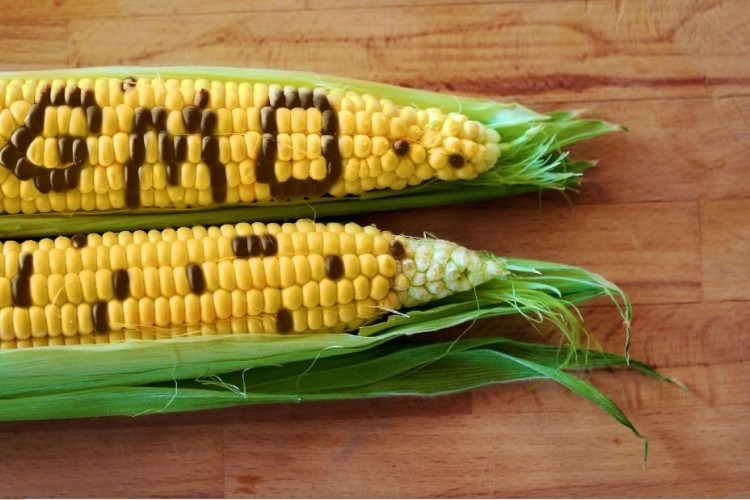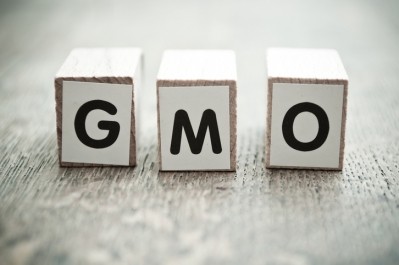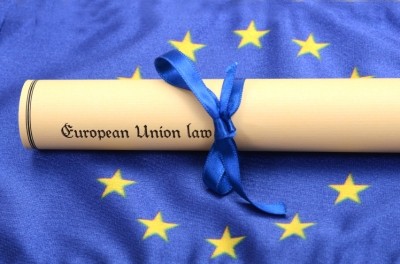MEPs call for rejection of Commission's GM import proposal

The MEPs called for a ‘Plan B’ saying the legislation would undermine the single market and could jeopardize livestock production.
The politicians also criticized the absence of an impact assessment study to support the proposal and said there was a lot left to chance in relation to the rule.
Irish MEP, Lynn Boylan, said: “It [the proposal] is utterly flawed, so much so that I think it needs to be scrapped completely…I am calling on the Commission to come to us again with a new proposal that is fit for purpose because the status quo also cannot be maintained.”
Ladislav Miko, DG SANTE acting Director General, addressed the Environment, Public Health and Food Safety (ENVI) Committee, telling the MEPs there was no Plan B option.
And, in a debate this week on EU policy broadcaster, viEUws, he said it would be challenging to carry out an impact assessment on the rule as there is a lack of certainty over which countries will opt out.
He also highlighted the conflicting attitude of some member states that are vocally against GM food and feed but at the same time strongly reliant on GM imports for the viability of their livestock industry.
Strategic raw material supply
Miko was joined by FEFAC President, Ruud Tijssens, and ENVI committee chairman and EP rapporteur, Giovanni La Via, in Tuesday’s webcast.
Due to the complexity of global trade, the proposal could jeopardize the future of EU livestock farming, said Tijssens.
The FEFAC president also said there should be no need for any interference by policymakers to prohibit GM raw materials, as market solutions already exist. The feed industry, he said, offers non-GM feed supply chains for customers who are willing to pay a premium price.
He noted how previous restrictions placed on imported GM feed materials — DDGS from the US — for two years led to an estimated €5 billion extra costs for EU livestock farmers, arising out of higher levies on import substitutes and internal grain processing.
And Tijssens said the EU should first review its needs in light of its strategic raw material supply before considering any revision of legislation.
EP rapporteur Giovanni La Via said the Commission’s proposal is not the right way to tackle the problem of consistent ‘no opinion’ votes in its standing committees on GM approvals.
He challenged the feasibility of the rule, questioning how the internal market could still function if one member state moves to ban the use of EU approved GM crops for feed and food use on its territory and how enforcement would work.
La Via was also concerned the legislation would create trade barriers for agricultural products in the EU — something it has worked hard over many years to break down — and he indicated there is a majority support in the European Parliament for a rejection of the Commission’s proposal.
The ENVI Committee is due to officially vote on the GM import proposal on the 12-13 October 2015. It will then be put to a European Parliament vote during the plenary session in Strasbourg on 26-29 October.












